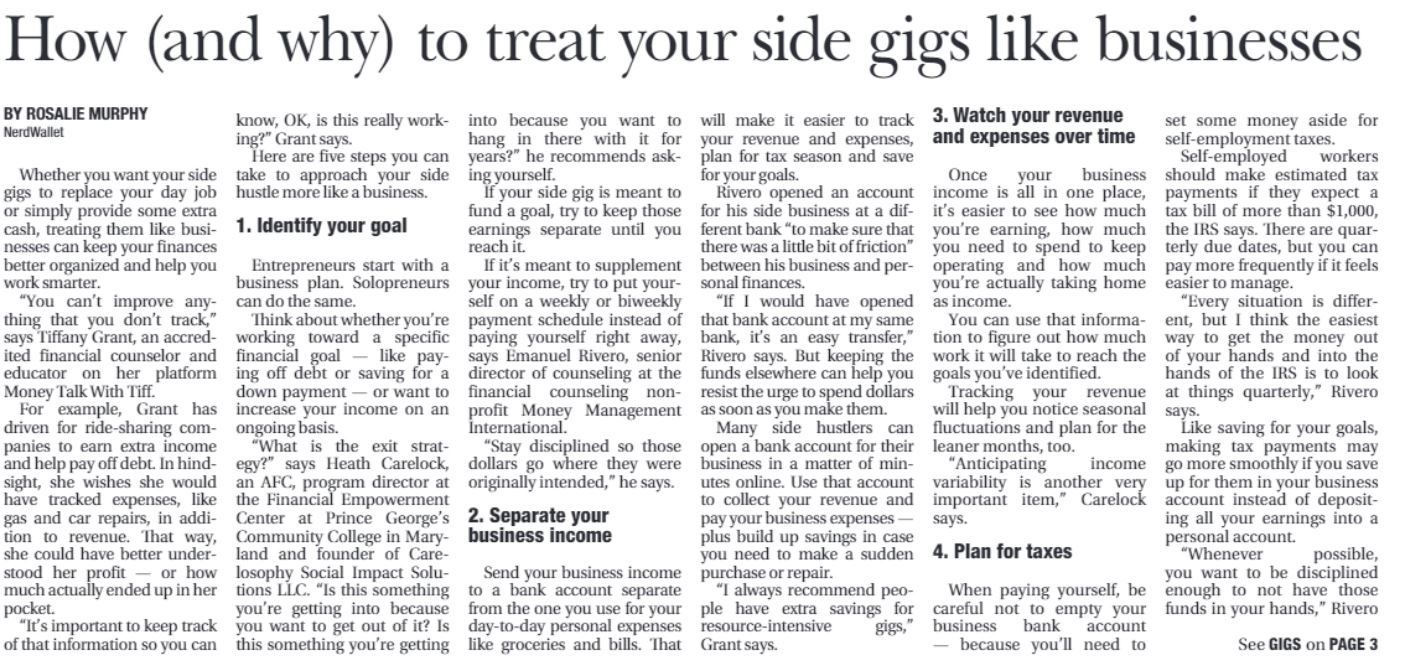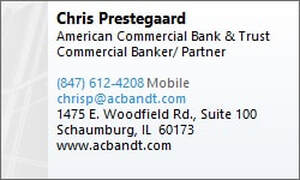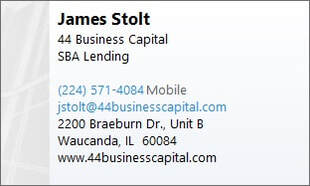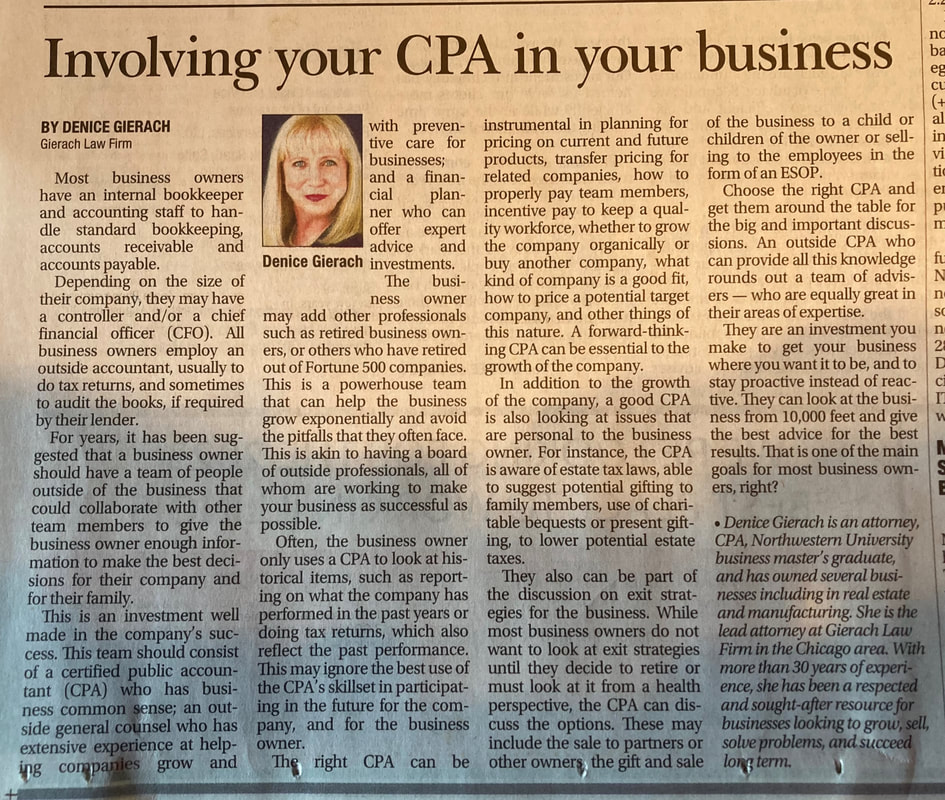In the fast-paced world of small business, effective budgeting is crucial to staying competitive and financially healthy. With various budgeting apps available, choosing the right one can significantly enhance your financial management. In this blog post, we explore three of the best budgeting apps tailored for small businesses, including the widely trusted QuickBooks.
1. QuickBooks: The Industry Standard
Overview: QuickBooks by Intuit is a leading accounting software that offers comprehensive budgeting tools. Designed to cater to businesses of all sizes, QuickBooks excels in its ease of use, robust features, and seamless integration capabilities.
Key Features:
- Automated Financial Tracking: QuickBooks tracks expenses, income, and invoices, providing a real-time view of your financial health.
- Customizable Budgets: Create tailored budgets based on your business needs. You can set financial goals and monitor progress easily.
- Reporting and Analytics: Generate detailed financial reports and gain insights into your business performance. The visual dashboard simplifies the analysis of financial data.
- Integration: Integrates with various other business tools like payment processors, CRM systems, and e-commerce platforms.
- User-friendly interface with comprehensive support.
- Extensive range of features including payroll, invoicing, and tax preparation.
- Scalable solutions suitable for growing businesses.
- Subscription-based pricing can be higher than some alternatives.
- Some advanced features may require a learning curve.
Pricing: Plans start from $25 per month, with a 30-day free trial available.
2. FreshBooks: Simplicity Meets Functionality
Overview: FreshBooks offers an intuitive platform primarily designed for small businesses and freelancers. Known for its ease of use, FreshBooks combines essential budgeting features with excellent invoicing capabilities.
Key Features:
- Expense Management: Automatically import expenses from bank accounts and categorize them for streamlined budgeting.
- Time Tracking: Track billable hours and integrate them into invoices, helping you manage project budgets effectively.
- Customizable Invoices: Create professional invoices and set up automated payment reminders.
- Financial Reports: Generate profit and loss statements, sales tax summaries, and other financial reports.
- Simple and intuitive user interface.
- Strong invoicing and time-tracking features.
- Good customer support and resources.
- Limited integrations compared to some competitors.
- Less comprehensive than QuickBooks for larger businesses.
Pricing: Plans start from $17 per month, with a free 30-day trial available.
3. Xero: Powerful and Flexible Accounting
Overview: Xero offers a cloud-based accounting solution ideal for small to medium-sized businesses. Its budgeting tools are complemented by extensive features for financial management and collaboration.
Key Features:
- Real-Time Financials: Get real-time updates on your financial status with live bank feeds and smart reconciliation.
- Comprehensive Budgeting: Create and track budgets, set goals, and compare actual performance against projections.
- Multi-Currency Support: Manage budgets and transactions in multiple currencies, ideal for businesses with international dealings.
- Integration: Connects with over 800 third-party apps including inventory, payroll, and CRM tools.
- Easy-to-use interface with powerful features.
- Strong multi-currency support.
- Extensive range of third-party integrations.
- Higher learning curve for some users.
- Subscription cost can add up with additional features.
Pricing: Plans start from $13 per month, with a 30-day free trial available.
Conclusion
Choosing the right budgeting app can transform how you manage your small business finances. QuickBooks stands out for its comprehensive features and scalability, FreshBooks offers simplicity and excellent invoicing, and Xero provides powerful budgeting tools with extensive integrations. Consider your business needs, budget, and desired features to select the app that best fits your requirements.
Ready to streamline your business finances? Talk with us at GLM and take control of your financial future today!







 RSS Feed
RSS Feed


